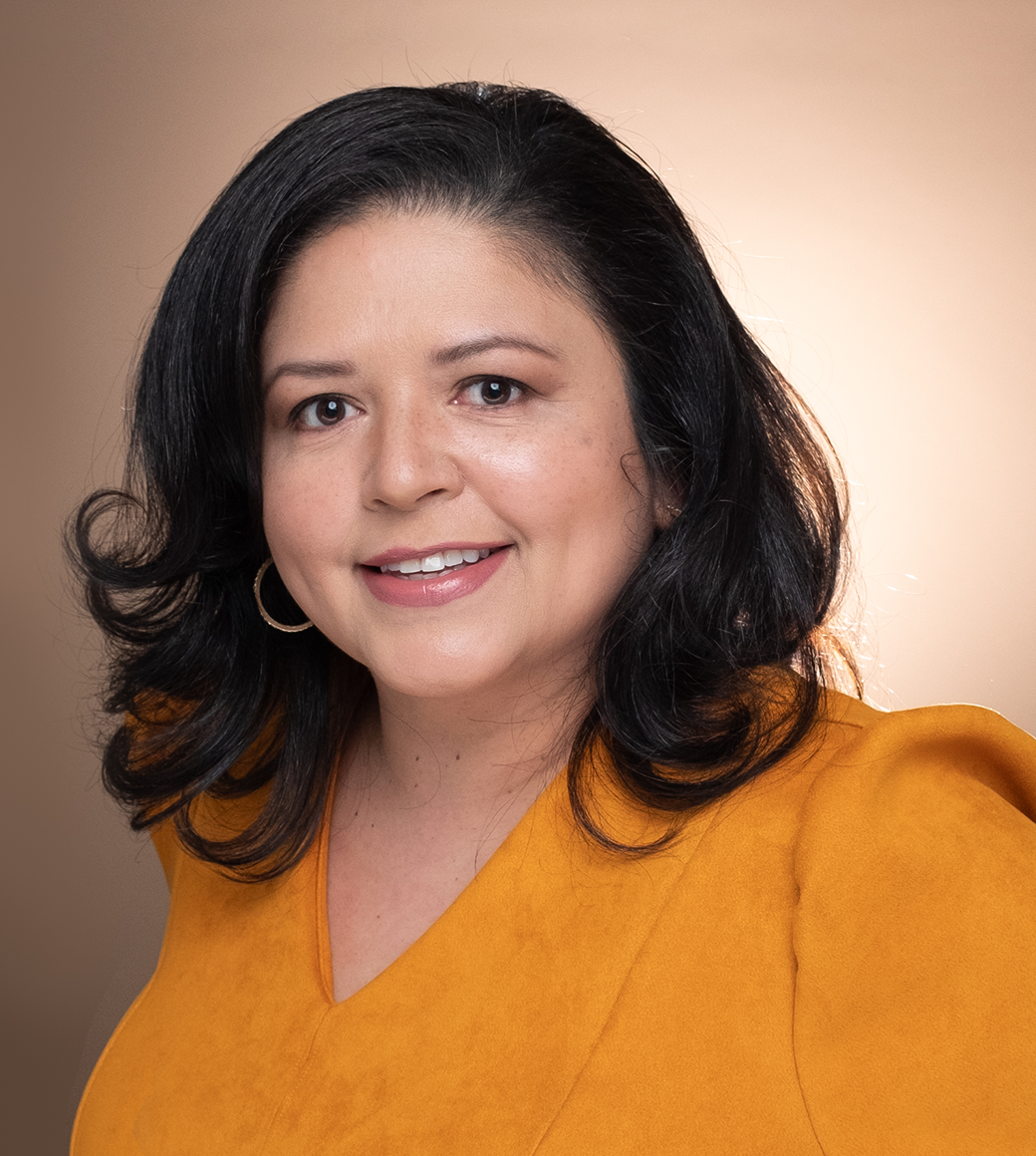Laura Urias, Class of 2006

Laura Urias ’06 has her own immigration practice in East Los Angeles. Previously, she was a Staff Attorney at the United Farm Workers Foundation, where she helped immigrants petition for visas and access public benefits. She then became a Staff Attorney at the Los Angeles Center for Law and Justice, where she primarily practiced family law, representing low-income survivors of domestic violence and sexual assault. She has been certified as a Domestic Violence Advocate by the State of California. With Nora Phillips, she co-founded Phillips & Urias, LLP, in 2014, before starting her own practice. She serves on the board of the East Los Angeles Women’s Center, co-facilitates the Boyle Heights Advisory Council, and is part of the Eastside Mujeres Network.
Was having your own immigration law office always your goal? What made that appealing to you?
I never envisioned being a solo practitioner. I thought I would spend my career in non-profits or Legal Aid. I ended up transitioning into private practice because my partner and I were disappointed that we were bound by grants and funding. There was a lot of frustration. I wanted to try something new. Now it’s been eight years, and I love it. The flexibility is great. I have two young children. I appreciate the quality of life and being able to balance work and family.
On your website, you talk about your trauma-informed client interview skills. What does that look like in an interview?
A lot of it is about recognizing that it might take time for someone to open up and share their story with you. As lawyers, we tend to want to get to the point. Often, clients can’t get to the point without giving a lot of background that, to them, is very relevant to their experience. It’s about being conscious of that and being a sympathetic ear. If the client isn’t comfortable, take a break. Ask them if they would like a sip of water. Sometimes, it’s as simple as that — being mindful of the little things. Ask them if they’ve had counseling. Sometimes they need to address these issues with a therapist.
There are a lot more trainings available now. My introduction was because I worked in family law, representing survivors of domestic violence. We received trainings in PTSD, depression, and how the cycle of violence affects people.
You do a lot of volunteer work advocating against domestic violence. What inspires you?
Just seeing and working with so many clients who, despite horrible circumstances, continue trying to make it for their kids. It puts my own life in perspective when I think about some people struggling to survive every day. It makes me grateful for what I have and makes me want to do what I can to make their path easier.
Of what are you proudest?
I’m proud that I’ve reached a position in my current practice where I can pick and choose the cases I want to take. When I was first starting out, I had to take everything to pay the bills. I’ve been very fortunate to get great referrals. I often represent families. I have the luxury of picking cases that interest me, challenging cases. It was a lot of work to get there. I’ve grown so much and learned a lot. I’m in a really good place.
Why did you choose to attend King Hall?
It was the best school I got into. It was kind of a long shot. I had great grades, but not so great LSAT scores. It was the last school I heard from, and I was super excited. I was particularly interested because of the progressive legacy of Martin Luther King, Jr. I knew it would be special and meaningful.
What is your favorite King Hall memory?
Meeting amazing lifelong friends. Some of my best friends are from my 1L class. My favorite memories are of being together. When we were studying for the bar, it was me and two girlfriends in the library stacks. It was intense, cramming. We were literally the only three people studying in the stacks. We went out for frozen yogurt together. I remember that camaraderie.
Which class at King Hall have you used the most?
I had brilliant professors — experts in their fields — but law school presents material in a theoretical and academic way. I learned in the field. I’ve discovered there’s a difference between law school and actually practicing.
I had the privilege and honor of taking Critical Race Theory with Professor Angela Onwuachi-Willig (now Dean at Boston University School of Law) and Latinos in the Law with Dean Kevin Johnson. I still think of those. They put in perspective what I’ve found practicing as a woman of color. That was an important part of my legal training.
Do you have any advice for current law students?
Law school is very challenging. The struggles you are going through are temporary. You are not defined by your exam scores. Have confidence in your abilities. If you keep working hard, you will get to where you want to be. It’s difficult, but know you’ll make it.
